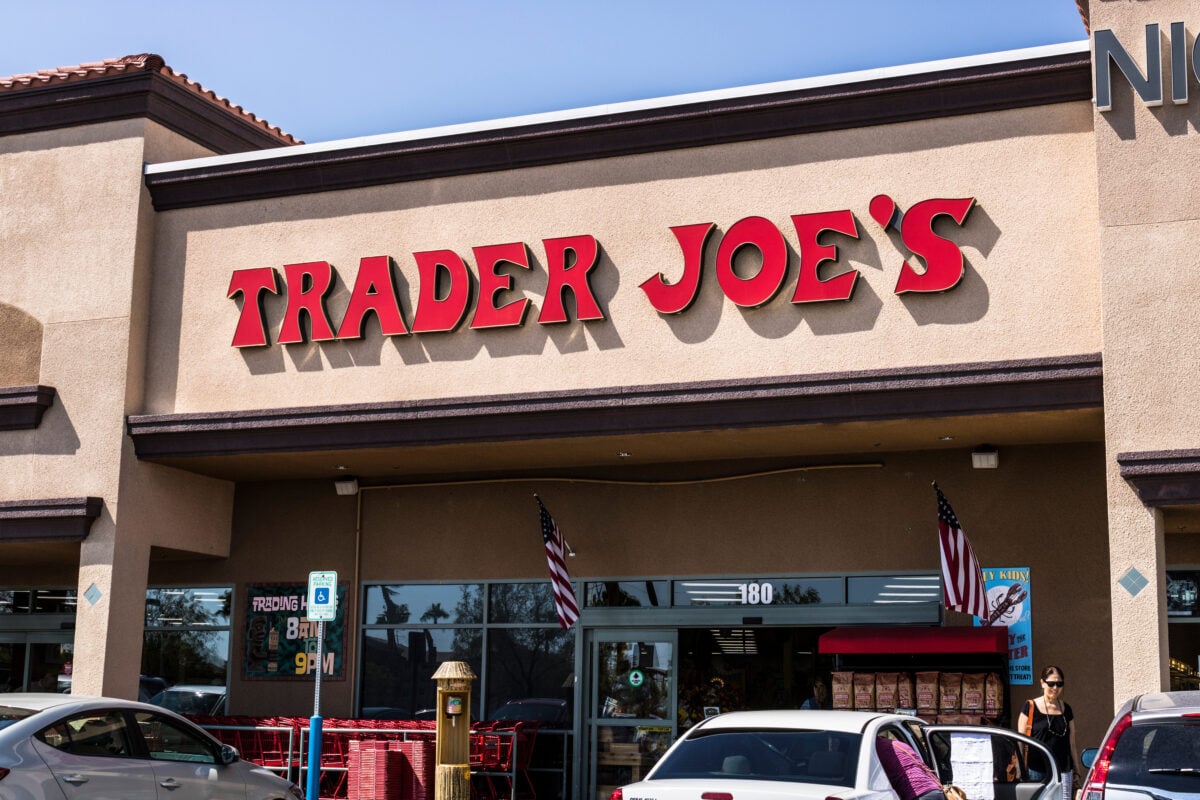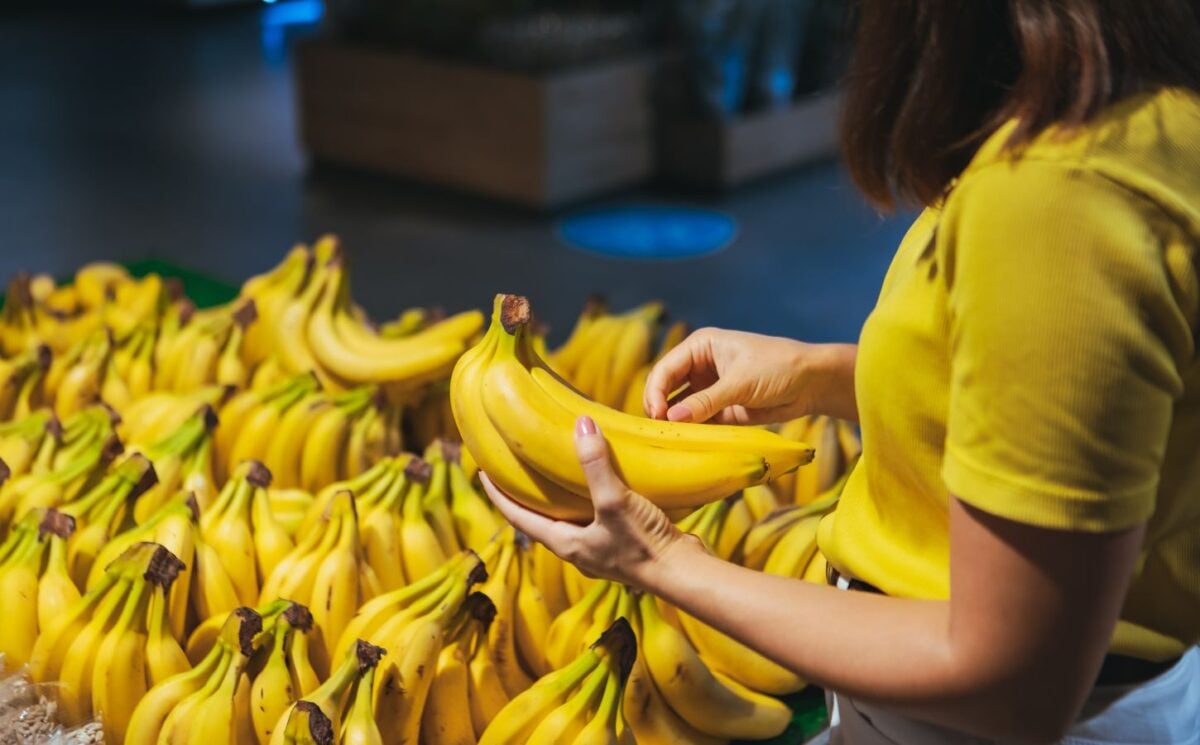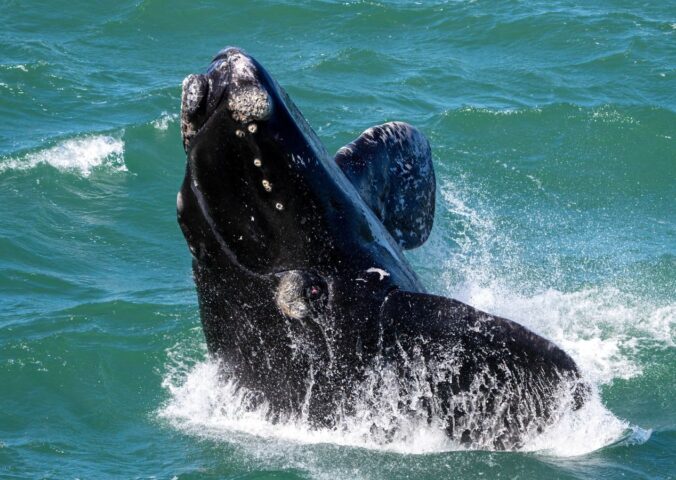Trader Joe’s just raised the price of its bananas for the first time in more than 20 years.
Read more: World’s First Year-Long Breach of 1.5C Limit: What Does It Mean?
The American grocery store chain first began selling individual bananas for 19c in 2001, and in March of this year upped prices to 23c per item in order to reflect real-world costs. The nutritious and popular fruit is currently under threat from disease and global warming, in particular.
While a 4c price hike might seem relatively modest, it represents a significant 20 percent increase per banana. Furthermore, Trader Joe’s has a uniquely dedicated core fanbase who pore over all new products and price changes, and who voted the banana as their number one piece of produce in January’s 15th annual Customer Choice Awards.
“We only change our prices when our costs change, and after holding our price for Bananas at 19¢ each for more than two decades, we’ve now reached a point where this change is necessary,” Trader Joe’s public relations manager, Nakia Rohde, said in a statement.
“At the same time, we have been able to negotiate costs for a number of our products, and have lowered our retail prices accordingly,” she added.
Read more: Shift Funding From Animal Agriculture, Says EU Science Board
Changing climate driving shortages and increased prices

Even outside of Trader Joe’s, the average price of a banana has been more or less stable for years. In fact, the UN’s Food and Agriculture Organisation (FAO) reported in 2023 that the relative affordability of bananas – amid skyrocketing food prices – drove its popularity.
But at the start of March, Pascal Liu, a senior economist at the FAO, told the BBC that the effects of the climate crisis represent an “enormous threat” to banana supplies, compounding the threat of rapidly spreading fungal infections like Panama disease, aka Fusarium wilt.
As global temperatures rise, they speed up the spread of diseases throughout crops, including from Australia and Asia to Africa and more recently to South America. Producers are also facing increased energy and transport costs, as well as worker shortages, while storms at sea have caused delayed delivery and even shortages in the UK.
More consumers are also searching for sustainably and ethically sourced foods, something which will also drive up the cost of producing and distributing items such as bananas.
Read more: Lidl Announces Huge Increase In Plant-Based Food Sales






